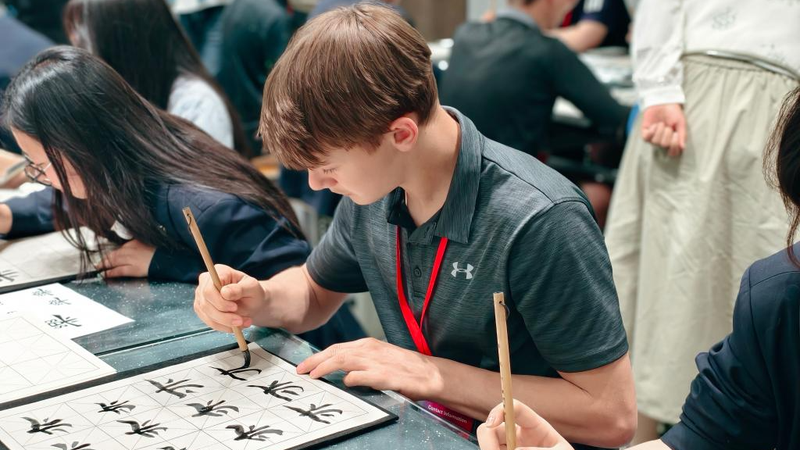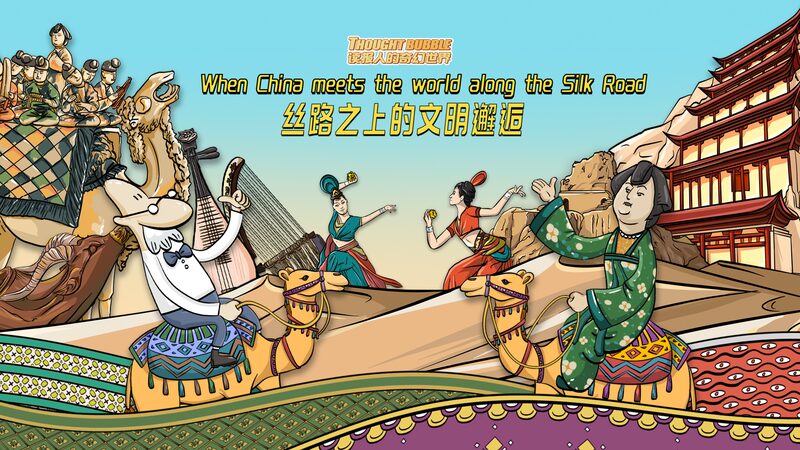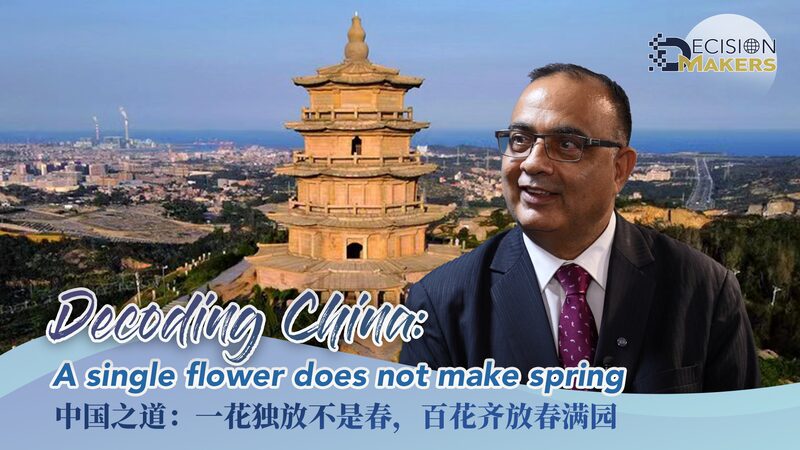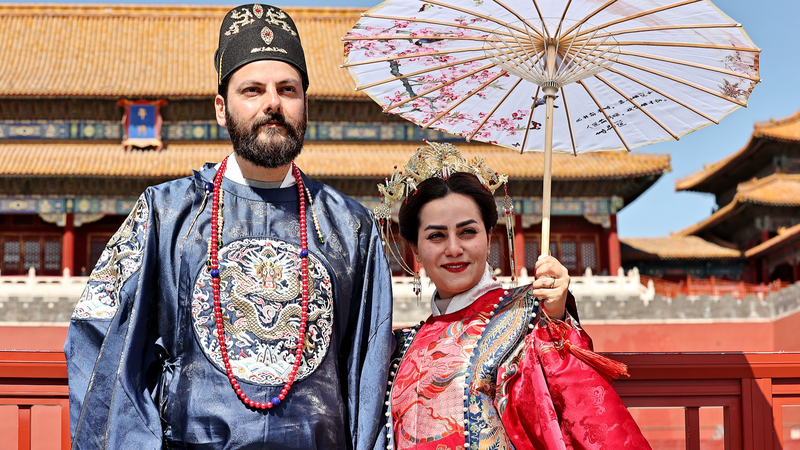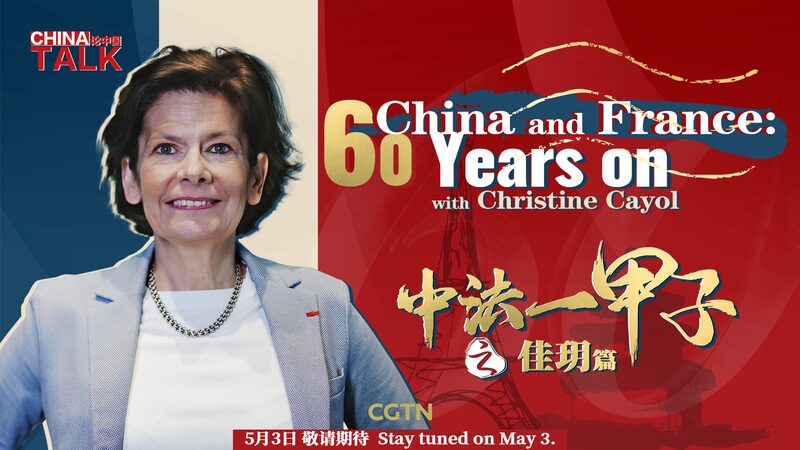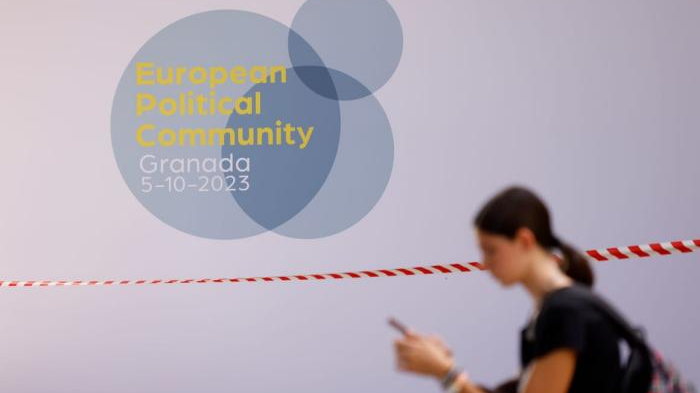As global challenges demand collaborative solutions, the enduring partnership between Chinese and European civilizations offers a blueprint for cross-cultural progress. President Xi Jinping's emphasis on mutual learning as a catalyst for human advancement resonates through five decades of formalized China-Europe cooperation.
Roots of Reciprocal Respect
The ancient Silk Road first connected Asian and European thought, while Ming-Qing scholars absorbed Western scientific works through translated texts. Enlightenment thinkers like Voltaire and Leibniz conversely drew from Confucian philosophy to shape European intellectual movements. This historical interplay of ideas – exemplified by China's Four Great Inventions accelerating Europe's Renaissance – demonstrates how civilizational exchange thrives without erasing distinct identities.
Modern Frameworks for Shared Growth
Since establishing diplomatic relations in 1975, China and Europe have institutionalized cooperation through mechanisms like the High-Level People-to-People Dialogue. Educational bridges now see over 10,000 European students annually in Chinese universities, with degree recognition agreements spanning 20+ EU states. Joint institutions like the China Europe International Business School produce tomorrow's global leaders while language programs preserve cultural diversity – Chinese universities now teach all 24 official EU languages.
New initiatives aim to double youth exchanges within three years, supported by scholarships fostering firsthand understanding. As CEIBS Professor Klaus Meyer notes: "When our students collaborate on clean energy projects, they're writing the next chapter of Marco Polo's legacy."
This living tradition of civilizational dialogue continues proving that mutual appreciation, not cultural hegemony, drives human progress – a lesson increasingly vital in our interconnected age.
Reference(s):
cgtn.com
